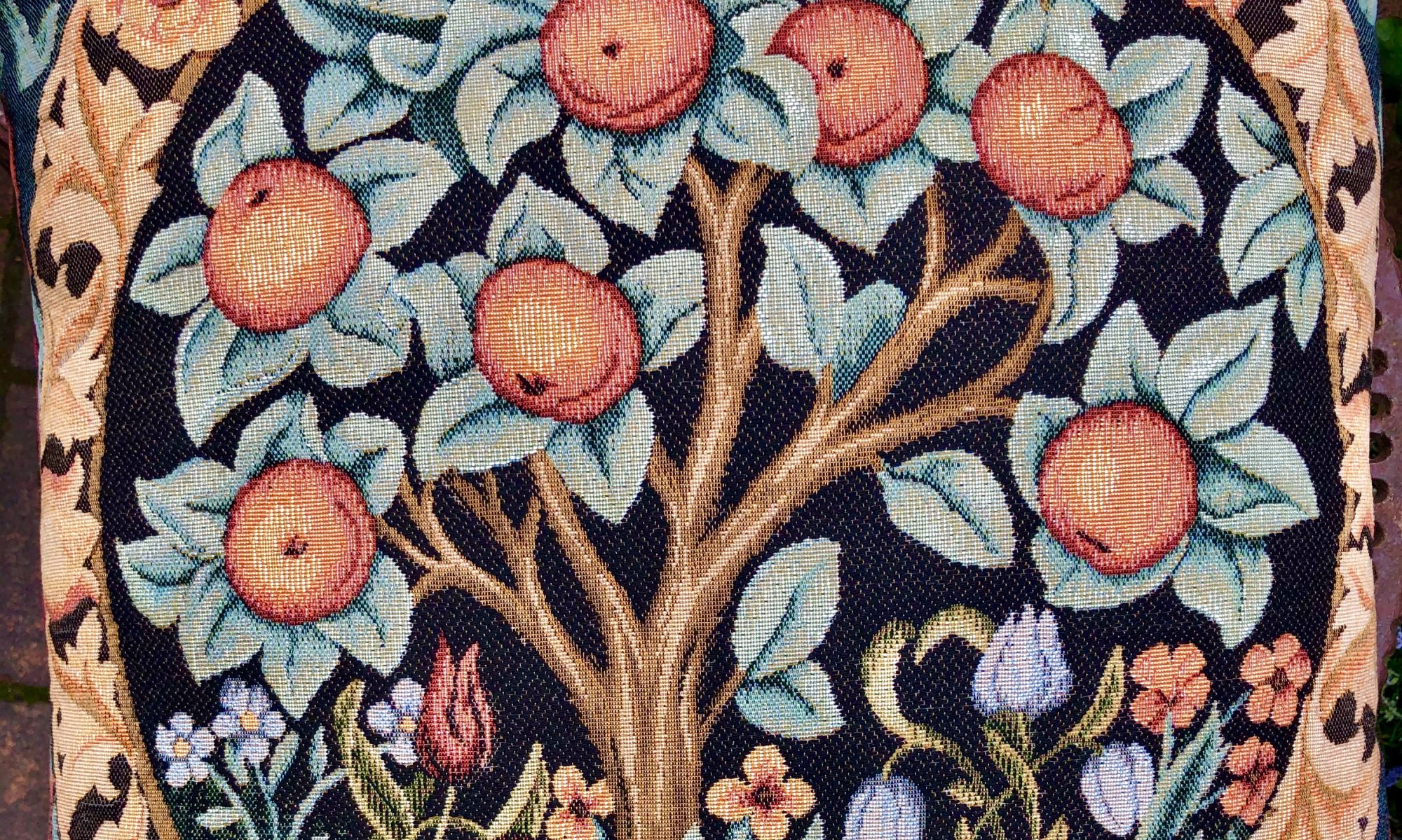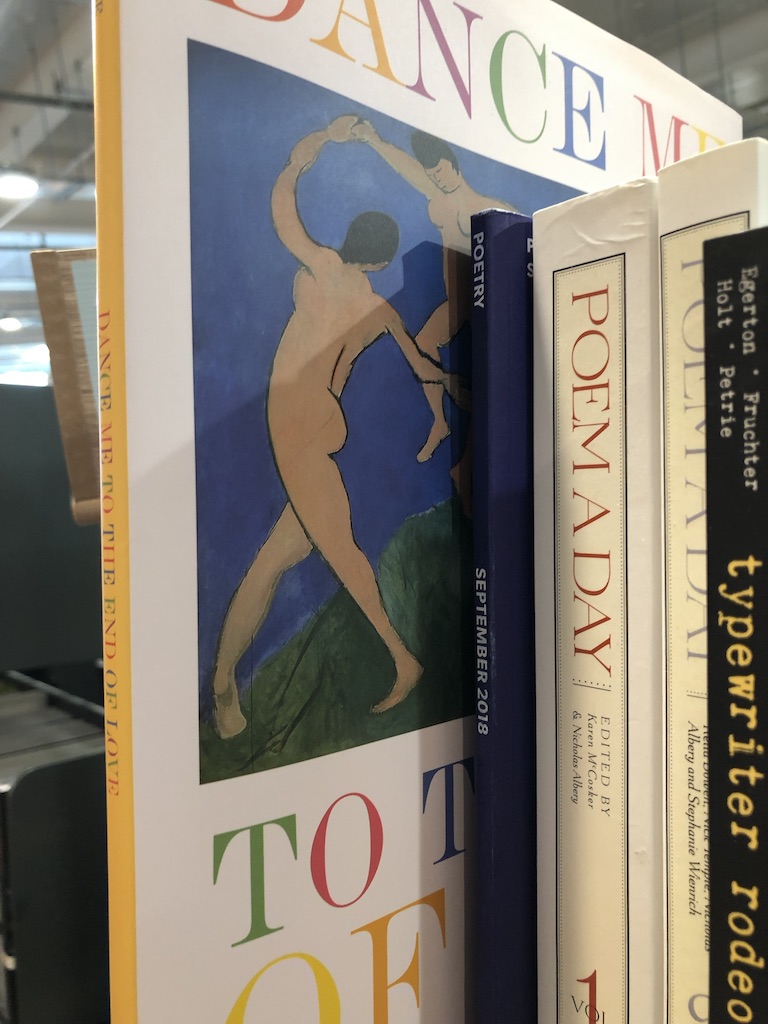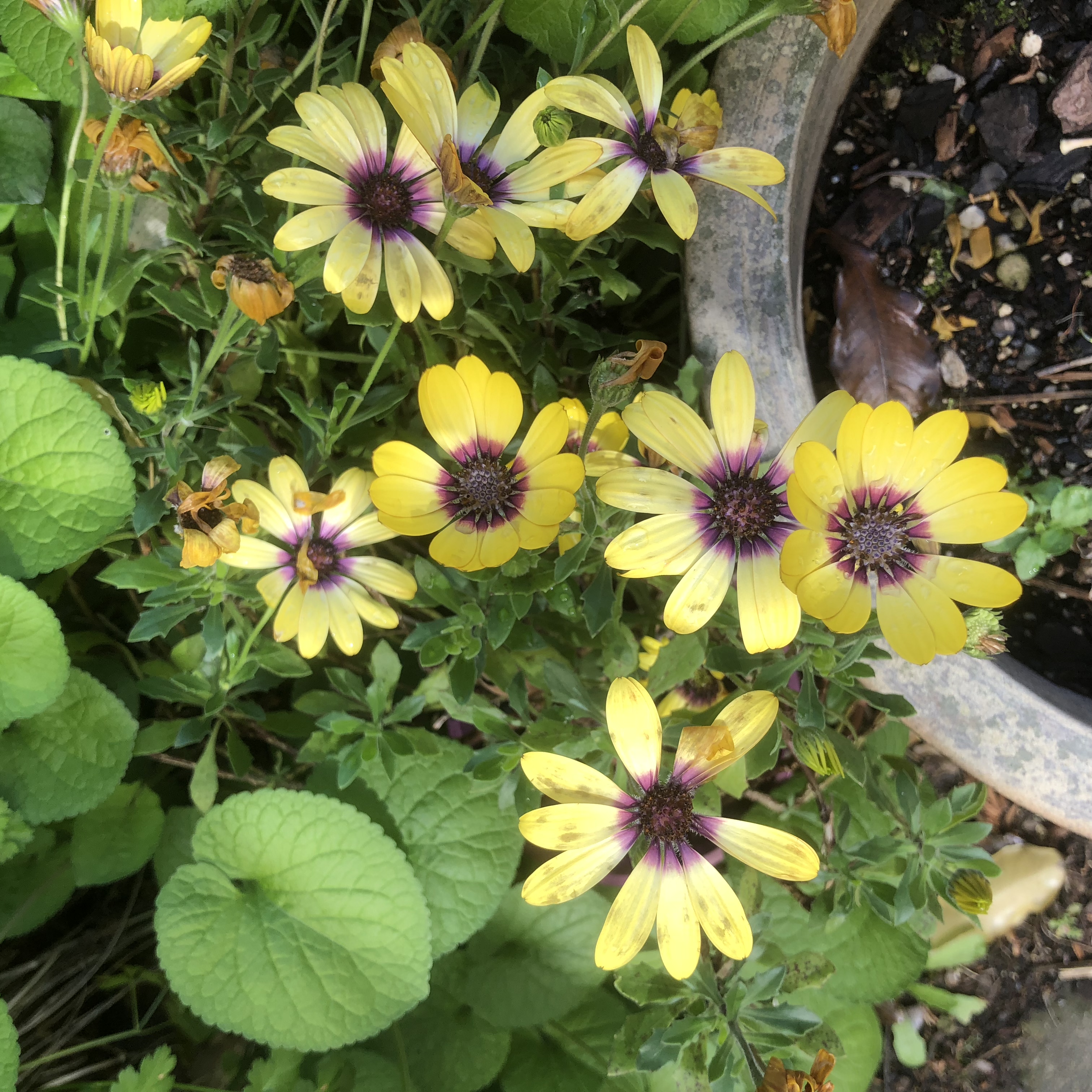Following on from the last post the idea of the primacy of the relationship is beautifully expressed by Edward Hirsh. This time in relationship to poetry.
In the last post with the passage from “A Bridge to Unity” the idea of participation mystique comes up in the context of shamanism.
Moreno’s tele however is universal it is not a special event – not shamansm or poetry. Tele is ever-present and the stuff we work with in relationships.
Edward Hirsh puts it beautifully though:

Amazon
This is an excerpt from his book:
How to Read a Poem: And Fall in Love With Poetry By Edward Hirsch
I found it on the wonderful
PoetryFoundation site:
“In the Beginning Is the Relation
BY EDWARD HIRSCH
The message in the bottle is a lyric poem and thus a special kind of communique. It speaks out of a solitude to a solitude; it begins and ends in silence. We are not in truth conversing by the side of the road. Rather, something has been written; something is being read. Language has become strange in this urgent and oddly self-conscious way of speaking across time. The poem has been (silently) en route—sometimes for centuries—and now it has signaled me precisely because I am willing to call upon and listen to it. Reading poetry is an act of reciprocity, and one of the great tasks of the lyric is to bring us into right relationship to each other. The relationship between writer and reader is by definition removed and mediated through a text, a body of words. It is a particular kind of exchange between two people not physically present to each other. The lyric poem is a highly concentrated and passionate form of communication between strangers—an immediate, intense, and unsettling form of literary discourse. Reading poetry is a way of connecting—through the medium of language—more deeply with yourself even as you connect more deeply with another. The poem delivers on our spiritual lives precisely because it simultaneously gives us the gift of intimacy and interiority, privacy and participation.
Poetry is a voicing, a calling forth, and the lyric poem exists somewhere in the region—the register—between speech and song. The words are waiting to be vocalized. The greatest poets have always recognized the oral dimensions of their medium. For most of human history poetry has been an oral art. It retains vestiges of that orality always. Writing is not speech. It is graphic inscription, it is visual emblem, it is a chain of signs on the page. Nonetheless: ‘I made it out of a mouthful of air,’ W. B. Yeats boasted in an early poem. As, indeed, he did. As every poet does. So, too, does the reader make, or remake, the poem out of a mouthful of air, out of breath. When I recite a poem I reinhabit it, I bring the words off the page into my own mouth, my own body. I become its speaker and let its verbal music move through me as if the poem is a score and I am its instrumentalist, its performer. I let its heartbeat pulse through me as embodied experience, as experience embedded in the sensuality of sounds. The poem implies mutual participation in language, and for me, that participation mystique is at the heart of the lyric exchange.
Many poets have embraced the New Testament idea that ‘In the beginning was the Word,’ but I prefer Martin Buber’s notion in I and Thou that ‘In the beginning is the relation.’ The relation precedes the Word because it is authored by the human. The lyric poem may seek the divine but it does so through the medium of a certain kind of human interaction. The secular can be made sacred through the body of the poem. I understand the relationship between the poet, the poem, and the reader not as a static entity but as a dynamic unfolding. An emerging sacramental event. A relation between an I and a You. A relational process.
Originally Published: January 12, 2006
BIOGRAPHY
Poet and author Edward Hirsch has built a reputation as an attentive and elegant writer and reader of poetry. Over the course of eight collections of poetry, four books of criticism, and the long-running ‘Poet’s Choice’ column in the Washington Post, Hirsch has transformed the quotidian into poetry in his own work, as well as demonstrated his adeptness at explicating the nuances and shades of feeling, tradition, and craft at . . .







You must be logged in to post a comment.